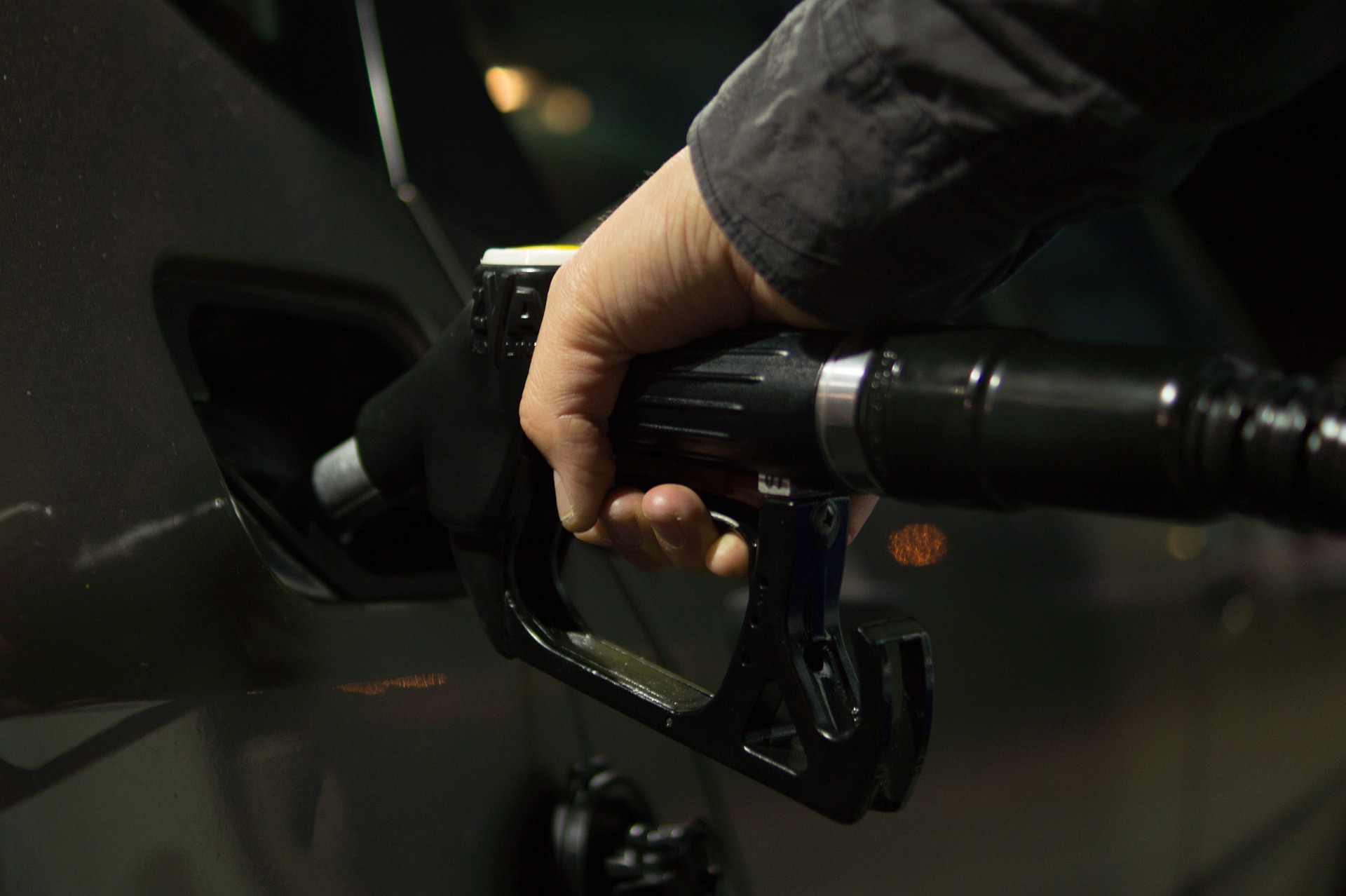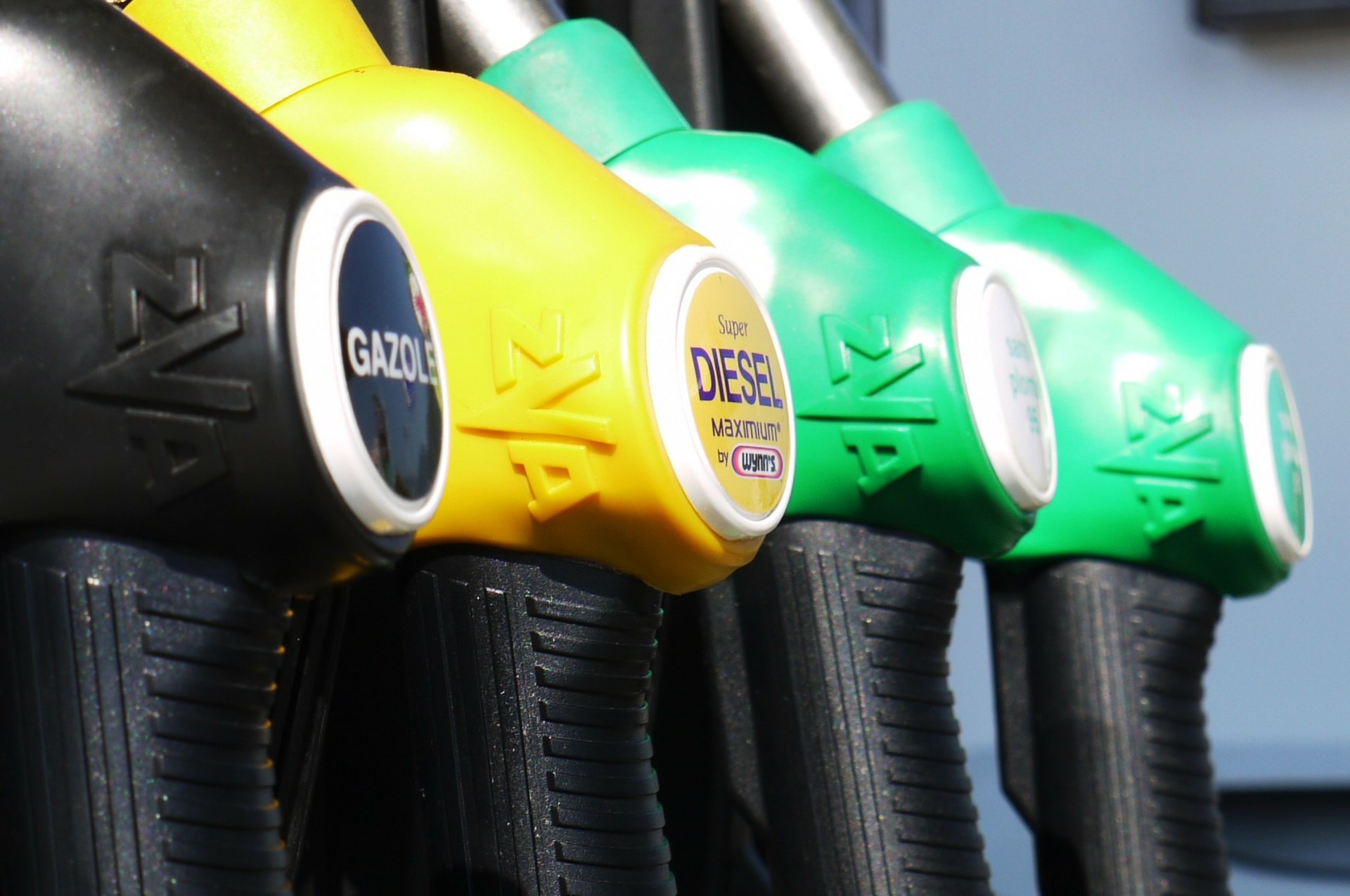
There are already supply problems, as some of the smaller fuel wholesalers are limiting or stopping deliveries to petrol stations, the President of the Independent Petrol Stations Association said.Continue reading

As we reported yesterday, there could be problems over the long weekend due to disrupted fuel supply. It seems, however, that problems have already occurred: there is a growing number of petrol stations where there is no fuel, while some others have closed. Meanwhile, prices are rising again, with petrol at 640 forints and diesel at 717 forints as of Friday, if the 480 forint price cap had not been in place.
Telex reports that on Tuesday and Wednesday, several, mostly smaller, private petrol stations were forced to close or significantly reduce the amount of fuel they dispense due to supply problems. Some stations could only fill up with five liters of fuel, while others are not expecting fuel until March 24.
For example, in Őriszentpéter, on the western border, a petrol station announced:
We are currently out of fuel!”
According to the latest information, the next expected date of fuel delivery is March 24, 2022, and they are doing their best “to ensure supply, but our possibilities and room to maneuver are limited.”
Long queues have formed at many of the open stations due to fears of a supply shortage. In the west and north of the country, people coming from Austria and Slovakia to fill up are also making the situation worse.
The National Chamber of Agriculture (NAK) has also pointed out that filling stations must serve lorries, tractors, and agricultural machinery with a maximum permissible weight not exceeding 3.5 tons, according to a recent government decree. Recently, several operators have introduced a 100-liter refueling limit, which does not affect household consumption, but may hinder the upcoming spring work of farmers who buy fuel at service stations, NAK said.
The supply of crude oil to Hungary is stable and MOL’s stocks and refinery capacity are sufficient to meet the country’s demand for vehicle fuel, the Hungarian oil and gas company said in a statement. MOL is operating at full capacity and supplying “the usual volume” of vehicle fuel; inventories and production offer a stable foundation for uninterrupted supply, they said.
According to Zsolt Hernádi, President of MOL, the current situation is “an unpleasant thing we have to survive.” He cannot say how long this price environment will remain. In an interview to ATV he stressed:
There is no supply problem, there are momentary logistical problems.”
The amount of crude oil coming in is unchanged, in line with the contract. There is no supply security problem, oil continues to come through Ukraine via the Friendship pipeline. Oil could still come via the Adriatic pipeline if the Friendship pipeline is shut down, but tanker ships would have to be ordered, which would take time. There is, however, a ninety-day reserve of fuel in Hungary, in line with EU regulations.
Hernádi said the load on petrol stations must be returned to earlier levels, noting increased demand driven in part by lorries taking advantage of a diesel price cap in effect in Hungary. He added that lorries pay 100-150 forints per liter less to top up their tanks in Hungary than in neighboring countries.
MOL’s President said that international companies are increasingly under pressure not to buy Russian oil. However, MOL cannot do without Russian oil because of the settings of their refineries. Refineries are optimized for either Russian or non-Russian oil and in MOL’s case mainly Russian, for understandable historical reasons.
What is certain, however, according to Hernádi, is that the price differential will not be applied overnight, and the price of petrol will not increase by several hundred forints from 480.
The question was raised as to how long the price freeze would last. Hernádi said that May 15 was in the plans, but he had no specific information. MOL is a financially stable company, he stressed, and the current situation cannot take away MOL’s profits. “This situation has to be managed by the government and by MOL.”
Panic buying is completely unnecessary.”
Featured image: illustration via Pixabay